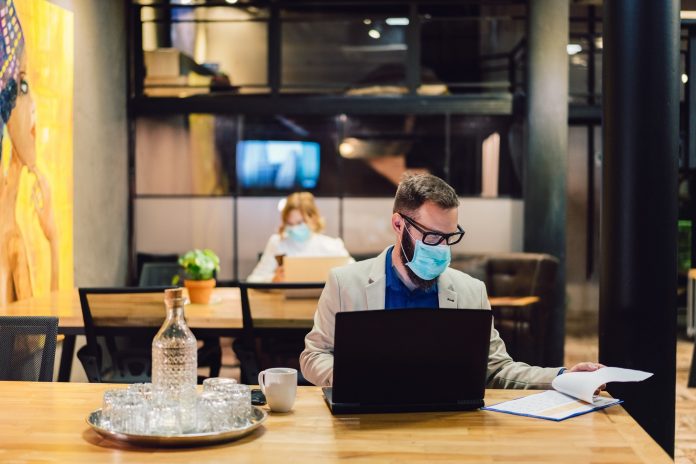Almost three-fourths of workers in Southeast Asia (74 percent) expect their industry will change for the better after COVID-19 due to the changes being implemented in response to the pandemic, according to new research released by Qualtrics.
This is one of the key findings from Qualtrics’ Work Different study, which draws upon insights from 611 respondents in the SEA region, including more than 250 Malaysians, to provide a comprehensive scorecard into how people rate their employer’s response over the last 6 months, what work routines employees want once the pandemic eases, and what shifts in workplace policies they expect of their employers.
With many people having to work from home during the pandemic, the report reveals that most people have enjoyed an improved employee experience. The most effective actions employers have taken to make their teams feel more valued throughout this period have been more workplace flexibility and gratitude from direct improved benefits.
“As a result of their employers’ quick thinking and actions, the majority of workers across Southeast Asia say they feel a lot more valued (67 percent) at their company, and a lot more proud (68 percent) to work for them. This is in part down to the human centred approach many adopted when the pandemic hit using solutions like the free Qualtrics Remote + On-site work pulse, which has supported 55,000 projects globally,” said Mao Gen Foo, Head of Southeast Asia, Qualtrics.
“While many have made steps in the right direction, businesses cannot afford to take their foot off the gas. Employees want to be listened to, and there is more change on the road ahead as people return and industries adapt. To ensure they continue to successfully move forward businesses need to formalise the human-centred approach adopted with employees,” added Mao Gen.
The Qualtrics report also gives us insight into what employees want to see as they return to the workplace. Approximately 90 percent of employees in SEA would prefer if employers consult them on measures to take to make returning to work more comfortable. The top actions workers want to see are a higher focus on personal hygiene (11 percent) and more flexible work schedules (9 percent).
“While there is so much talk of when things will go back to normal or how we’ll come to terms with the “new normal,” those conversations are fundamentally missing the point, and missing an important opportunity to come back better, stronger, and more inclusive than ever. We’ve witnessed how changing the way you listen to and engage employees can have a positive effect, which is why those who make lasting changes now will have a key advantage in the future – from attracting and retaining talent to improved loyalty and productivity,” added Mao Gen.
The study reveals 83 percent of workers think it’s very important their employers listen to their feedback during a crisis. 72 percent of workers in Southeast Asia say their employer has listened and acted (71 percent) on feedback more during the pandemic.
“With situations continuing to change very quickly, being able to listen to and deliver what your employees want is a key advantage in ensuring they feel safe and supported. Longer-term, employee expectations have been changed forever by the pandemic, requiring a shift in the way businesses have traditionally managed engagement. It’s now business critical that businesses have real-time insights into the things that matter most, and the skills and leadership to act on them effectively,” said Mao Gen.




















